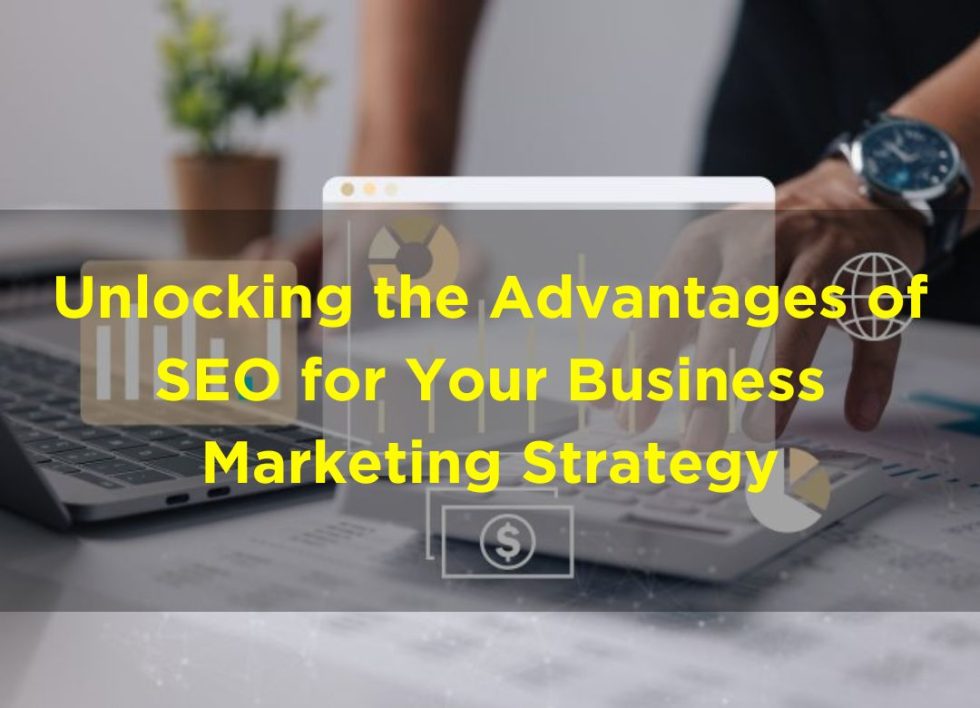
If the goal is to establish enduring brand recognition, extend your reach to broader audiences, and enhance revenue generation, the importance of search engine optimization cannot be overstated.
What exactly is SEO?
SEO, which stands for search engine optimization, is primarily focused on improving the visibility and positioning of a website or web page in search engine results pages (SERPs). The goal is to optimize various elements of the website, including keywords, meta tags, and backlinks, to increase its relevance and authority in the eyes of search engines such as Google, Bing, and Yahoo.
The main objective of SEO is to drive organic traffic to a website by achieving a higher ranking in search engine results for relevant keywords or phrases. This means that when users search for specific terms or phrases, the search engine will display the most relevant and trustworthy websites on its first results page.
Website owners and content creators must grasp search engines’ functioning and ranking criteria. This involves on-page optimization and quality backlink building. SEO is pivotal for brand recognition, audience expansion, and revenue growth.
Let’s explore the significant advantages that SEO offers to your business and the ways to achieve these outcomes.
SEO establishes credibility and fosters trust in your brand
Being prominently featured among the top search results on Google indicates that the search engine recognizes your website as a relevant, valuable, and trustworthy source of information or content, giving it preference over other competing sites. SEO plays a crucial role in establishing your site’s authority through various practices such as obtaining backlinks from reputable sites in your industry, optimizing on-page content, addressing crawl errors and broken links, enhancing user experience, and more.
While attracting Google users to visit your site is an important achievement, retaining their interest and encouraging them to return requires additional efforts. SEO helps in accomplishing these goals while also significantly benefiting your brand’s credibility and reliability. However, it’s important to note that achieving these results takes time and consistent effort on your part.
SEO optimizes the effectiveness of PPC campaigns
Unpaid search engine optimization (SEO) and paid marketing strategies, such as pay-per-click (PPC), can complement each other effectively. PPC allows your website to appear at the top of the paid search results, while SEO aims to achieve the same organic visibility. When both unpaid and paid results appear at the top of the search engine results page, it enhances your brand’s credibility and demonstrates that you are not solely relying on paid advertising to secure top positions.
By combining SEO and PPC, you can optimize your overall search engine presence. For instance, a high-ranking page in organic search results can perform even better when used in PPC advertising, especially if the targeted keyword has a low cost-per-click. This synergy between SEO and PPC allows you to maximize your campaigns and achieve better results.
SEO can be implemented at no cost
Apart from the time commitment if you decide to manage it on your own, SEO doesn’t demand direct financial expenditures like alternative marketing approaches such as pay-per-click. Search engines consistently index your website, promoting valuable content and facilitating the organic attraction of new customers. To enhance your SEO endeavors, investing time in analyzing the content of better-ranked websites in your field and aiming to produce superior content is advantageous. Additionally, sharing your content on your social media channels can extend its reach and influence.
SEO grants you a competitive advantage
Given that your competitors are likely investing in SEO, it is essential for your business to do the same. Companies that allocate significant resources to SEO often outperform their rivals in search engine rankings, thereby expanding their market reach. Considering that more than 90% of website traffic goes to results on the first page of Google search, it is crucial to establish a presence there, especially when your competitors are already present.
To get started, begin by identifying your competitors, evaluating their strengths and weaknesses, and establishing and managing your online reputation. Afterwards, focus on optimizing your website for fast loading times and mobile adaptability, creating high-quality content, and prioritizing an exceptional user experience. These steps will help improve your SEO performance and enable you to compete effectively in the online market.
SEO offers continuous promotion around the clock
Search engine optimization operates around the clock, independent of traditional office hours. Unlike paid advertising, well-crafted and optimized organic content remains accessible even when budget constraints arise. As a result, your business can continuously reap the benefits of SEO, effectively catering to your customers’ needs even when you are not actively engaged.
SEO plays a vital role in enhancing brand visibility, creating awareness, attracting valuable traffic, improving user experiences, converting leads into loyal customers, and maintaining high rankings for organic keywords. Additionally, it provides your business with the visibility and promotion it deserves, ensuring that it remains prominently visible to potential customers.
Conclusion
Search engines play a crucial role in connecting businesses with potential customers and driving business growth. Therefore, implementing effective SEO strategies can have a substantial impact on your company. One of the key outcomes of SEO efforts is improving your website’s visibility in search rankings, which in turn leads to increased website traffic. By optimizing your website for search engines, you can effectively engage with prospective clients and ultimately drive revenue growth.
In addition to driving traffic and revenue, SEO initiatives can also enhance brand visibility, establish trust with customers, and provide your business with a competitive edge. Unlike some other marketing strategies, the expenses associated with SEO are adaptable, allowing you to allocate resources based on your specific needs. Furthermore, the benefits of SEO endure over a longer period, providing lasting impacts for your business.









